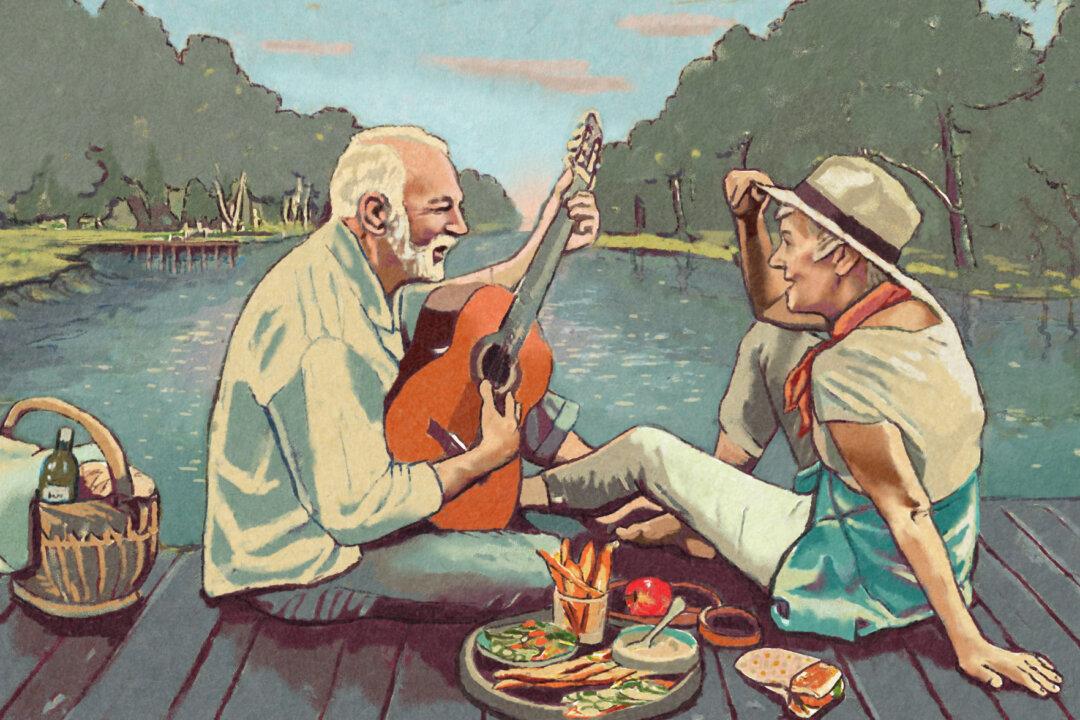Children of the Great Depression were friends with frugality.
My dad, who grew up poor, but who became a physician thanks to the G.I. Bill—he served in the infantry in Italy—used to hound us kids about leaving lights on in the house. My wife’s parents packed food for their vacations, so they rarely ate in restaurants. One of my college professors used newspapers as insulation for soda bottles. Several parents I knew, including my own, scorned air-conditioning, even though summers in North Carolina’s Piedmont region can be sweltering.






